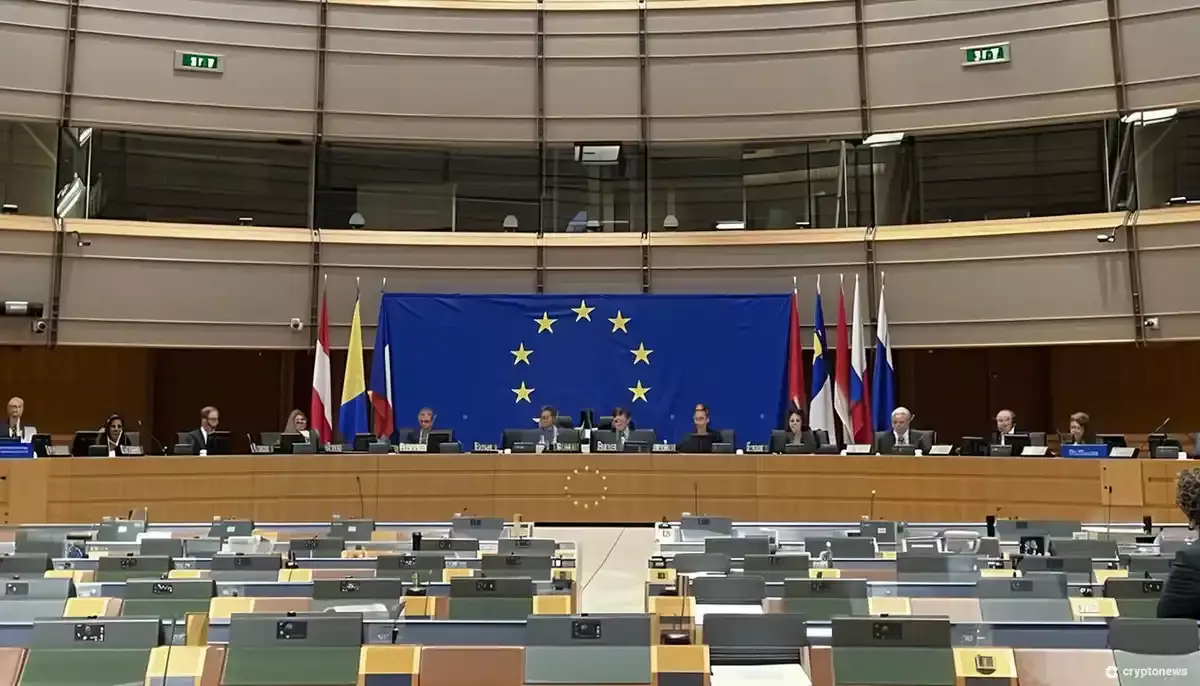The European Blockchain Observatory and Forum (EUBOF), backed by the European Commission, recently published a report urging the European Union (EU) to brace itself for the merging of blockchain technology and artificial intelligence (AI). This forward-thinking initiative aims to safeguard users’ data and promote innovation in various sectors.
The report delves into the potential of decentralized AI networks, which could revolutionize the current centralized model controlled by major corporations and governments. By utilizing the distributed nature of blockchain, these networks could foster collaboration and creativity among a wider array of participants. This shift has the potential to disrupt traditional industries by offering secure data storage and management, especially in sensitive domains like healthcare and finance.
Within the realm of web3, the report highlights emerging trends such as decentralized finance (DeFi) and smart contract advancements. DeFi, which provides financial services without traditional intermediaries like banks, necessitates the establishment of regulatory frameworks to safeguard consumers and ensure financial stability. Likewise, smart contracts, self-executing agreements stored on a blockchain, require further development to maximize their utility across various applications.
Risks and Concerns
Recent security breaches in the cryptocurrency space, such as the incidents involving Sonne Finance and Hundred Finance, underscore the importance of a proactive stance on blockchain and AI integration. The potential consequences of unchecked AI deployment in finance have raised alarms among experts and regulatory bodies. Renowned philosopher Yuval Noah Harari has warned about the dangers of unregulated AI usage, advocating for effective regulations to prevent misuse and adverse outcomes.
In response to the growing concerns surrounding AI in finance, regulatory bodies like the US Securities and Exchange Commission (SEC) have issued alerts to investors about the rise of investment frauds involving AI and other emerging technologies. SEC Chair Gary Gensler has expressed worries about AI’s impact on financial systems, highlighting the risks of AI washing and algorithm bias. It is crucial for global authorities to continue their efforts in mitigating AI risks and ensuring transparency in companies’ representation of their AI capabilities.
The EU’s proactive approach to blockchain and AI integration signals a shift towards innovation and data protection. By embracing decentralized AI networks, monitoring emerging trends in web3, and addressing potential risks, the EU can position itself as a leader in the adoption of cutting-edge technologies while safeguarding the interests of its citizens.

